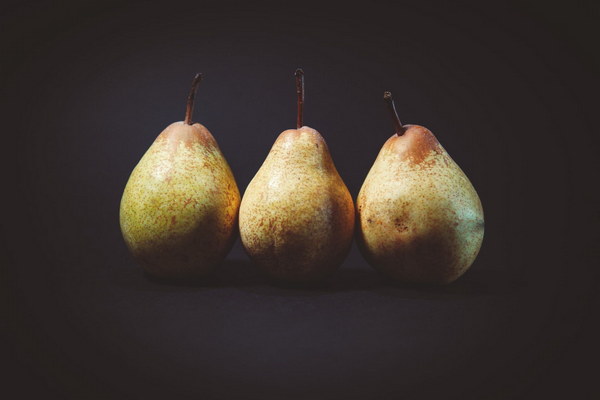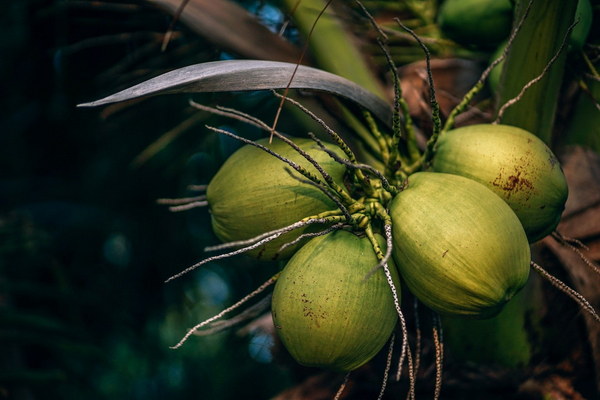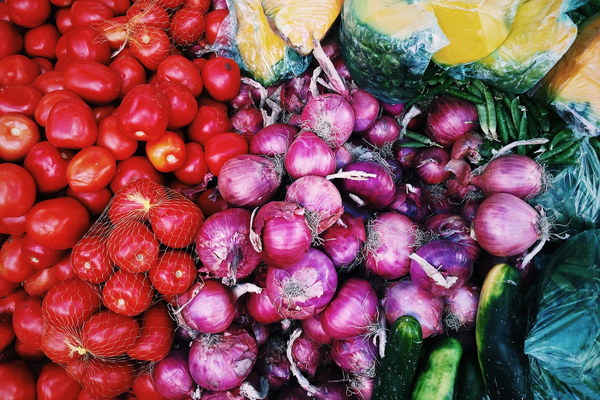Essential Foods for Autumn and Winter Supplementation Nourish Your Body with Nature's Gifts
As the seasons transition from the warmth of summer to the chill of autumn and winter, our bodies require additional nourishment to combat the cooler temperatures and shorter days. The ancient wisdom of traditional Chinese medicine emphasizes the importance of jinbie yin or tonifying the body's yin and yang during these periods. This principle is reflected in the practice of incorporating specific foods into our diet, known as autumn and winter supplementation. In this article, we will explore some essential foods that can help you nourish your body with nature's gifts and maintain your health throughout the changing seasons.
1. Goji Berries
Goji berries, also known as the happy berry, are a superfood that has been cherished in Chinese medicine for centuries. They are rich in antioxidants, vitamins, and minerals, and are believed to boost the immune system, improve energy levels, and promote longevity. Incorporate these delightful berries into your diet by adding them to smoothies, salads, or as a topping for yogurt.
2. Ginseng
Ginseng is another well-known herb in traditional Chinese medicine, renowned for its ability to boost energy, improve mental clarity, and support overall well-being. There are two types of ginseng: American ginseng, which is better suited for summer, and Asian ginseng, which is more appropriate for autumn and winter. You can consume ginseng in various forms, including tea, capsules, or as a supplement.
3. Walnuts

Walnuts are a powerhouse of nutrients, containing omega-3 fatty acids, antioxidants, and vitamins. These nuts have been shown to support brain health, improve memory, and reduce the risk of heart disease. Add walnuts to your salad, sprinkle them on your oatmeal, or enjoy them as a healthy snack.
4. Squash
Squash is a versatile vegetable that is abundant during the autumn and winter months. It is rich in vitamins A and C, fiber, and antioxidants, which help to strengthen the immune system and promote healthy skin. Roast butternut, acorn, or spaghetti squash to enjoy their sweet, nutty flavor with a variety of toppings.
5. Chicken Soup
Chicken soup has long been a staple in many cultures, and for good reason. This comforting broth is believed to have healing properties, particularly during the cold season. The warmth and hydration provided by chicken soup can help soothe sore throats, relieve cold symptoms, and support overall immune health.
6. Quinoa
Quinoa is a gluten-free, high-protein grain that is perfect for autumn and winter supplementation. It is rich in fiber, vitamins, and minerals, and can help to keep you feeling full and satisfied. Incorporate quinoa into your meals by using it as a base for salads, stir-fries, or as a side dish.
7. Dark Leafy Greens
Dark leafy greens, such as kale, spinach, and Swiss chard, are packed with nutrients that can help support your immune system during the cooler months. These greens are rich in vitamins A, C, E, and K, as well as antioxidants and fiber. Include these leafy greens in your diet by adding them to smoothies, salads, or sautéing them with your favorite herbs and spices.
In conclusion, autumn and winter supplementation is a valuable practice that can help you maintain your health during the changing seasons. By incorporating essential foods like goji berries, ginseng, walnuts, squash, chicken soup, quinoa, and dark leafy greens into your diet, you can nourish your body with nature's gifts and enjoy the benefits of a well-rounded, balanced diet. Remember that a healthy lifestyle is not just about what you eat, but also about how you live. Stay warm, stay hydrated, and embrace the beauty of the season as you nurture your body with the perfect blend of nature's offerings.









